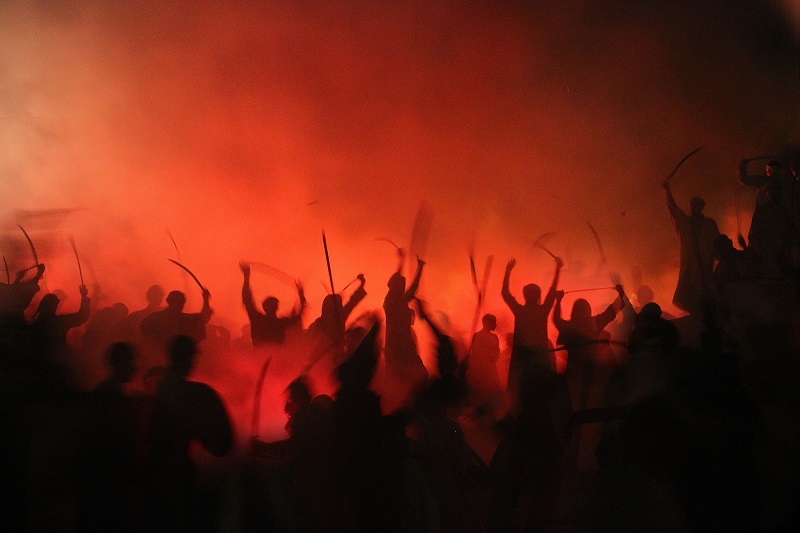
Occupied Palestine, Two-State Solution, Jenin Operations and a Silenced West
The West has been eerily quiet about Israel’s de facto annexation of large parts of the West Bank and most recently the Israeli military operations in the refugee camp Jenin. While the U.S. defends Israel’s right to security, the European Union expressed concern about the escalation in occupied Palestinian territory.
Europe has repeatedly expressed concerns about the increasingly high number of casualties of violence in 2023, and reiterates that civilians, especially children must be protected. The two-state solution no longer seems viable as it is a one-state reality of unequal rights between the Mediterranean Sea and the Jordan River, wherein the Israeli and Palestinian populations live on the same territory. But they do not enjoy equal rights.
European countries have been trying to resolve the Palestinian – Israel conflict through the European Union Border Assistance Mission (EUBAM), which deems the two-state solution the most feasible way. EUBAM aims to assist Palestine in building human resource capacity and enhancing cross-border cooperation between various border agencies, monitoring operations at the Rafah Crossing Point that connects Gaza Strip in Palestine and Egypt. It is also a link between the Palestinian Authority, Government of Israel, and Egypt.
Keep Reading
However, the EU ended its operation in Rafah when Hamas won the Palestine parliamentary election in 2006 and took control of Gaza. But EUBAM still operates. The EU allocates up to €2.5 Million per year for the Mission and holds onto the two-state solution. Florin Bulgariu, Director of EUBAM, believes this is the only solution that may ultimately succeed, separating borders – everyone with their own affairs.
But critics say the two-state solution is an expensive conflict management tactic that perpetuates Israel’s 56-year-long occupation of Palestinian territory and people. Marwan Muasher, former Jordanian foreign minister and former ambassador to Israel, believes the West does not want to acknowledge it publicly that the two-state solution is gone. Doing so would force the international community to talk about alternatives. He highlighted that diplomats and politicians who have devoted their careers to Middle East peacemaking remain committed to the two-state vision, even though the ground around them has shifted.
“Palestine and the international community are dealing with the Israeli government which is very extreme in its understanding of religion and ethnicity so that it does not allow them to be flexible and adaptive. When extremism becomes the bedrock of a government, the tools of diplomacy don’t work. This government doesn’t give any weight to diplomatic tools,” Muasher said.
Ehud Olmert, a former Israeli prime minister, says there is no other solution, everything else is almost inevitably a prescription for disaster. However, Muasher highlighted that the right-wing Israeli government does not want an independent Palestine in the West Bank and East Jerusalem. Neither does it want majority Palestinians living on the occupied land.
Mahmoud Aloul, an aide to President Mahmoud Abbas, says freedom is more important, irrespective of whether the conflict ends with two states or a single binational state for Israelis and Palestinians.




